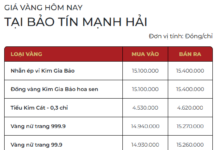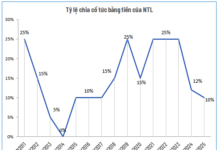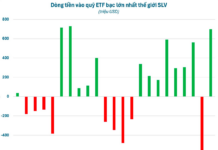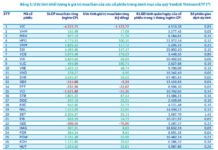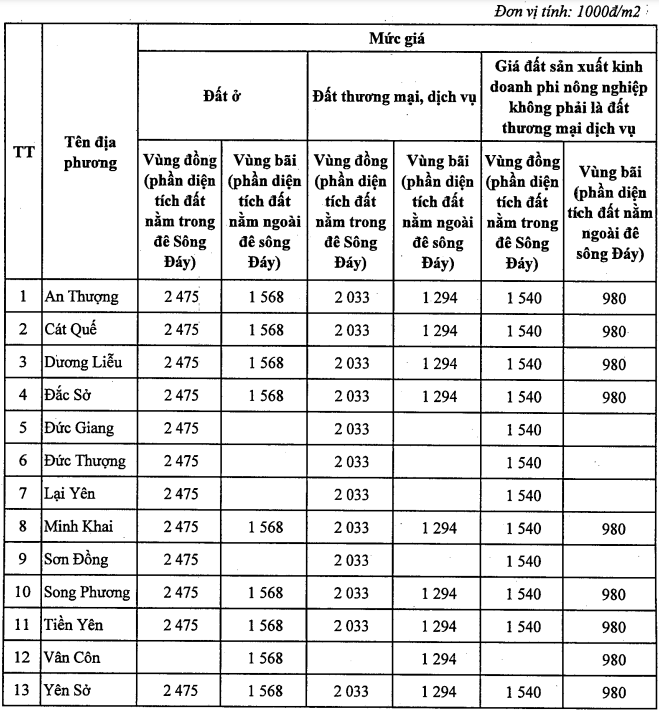Targeting the Right Speculative Investors
In a discussion with us regarding the proposal to restrict loans for purchasing second homes and beyond, as suggested by the Ministry of Construction in the draft Resolution on mechanisms to control and stabilize real estate prices, Mr. Nguyễn Vũ Cao, Chairman of Khang Land’s Board of Directors, emphasized the necessity of such measures in the current context. However, he cautioned that restrictions on loans for second homes and beyond should be carefully calculated.
From a business perspective, he analyzed that tightening loans for second homes could curb speculation, but not all regions are experiencing a “hot” market. Each locality has its unique characteristics, with some needing to cool down and others requiring stimulation.
“Applying a blanket credit restriction policy without distinguishing between regions and targets could eliminate the positive market drivers,” he stated.
According to Mr. Cao, it is essential to identify specific markets and regions requiring adjustments to implement targeted solutions.
“Credit tightening or taxation should not be applied universally but should target speculative investors through technical measures. Otherwise, the market will become imbalanced, liquidity will decrease, and business competitiveness will be affected. For commercial banks, interventions will also impact profits and credit. Therefore, careful research is necessary to avoid counterproductive policies,” he advised.
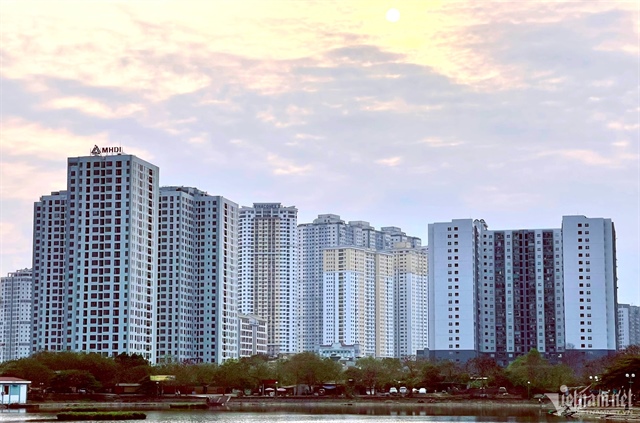
Experts emphasize the need to control wealthy individuals from speculating on affordable housing. Photo: Hồng Khanh |
Sharing the same view, Mr. Lê Đình Chung, CEO of SGO Homes, noted that high housing prices are primarily seen in major cities like Hanoi and Ho Chi Minh City, while many other markets remain sluggish.
“Some market segments, such as resort real estate, are already weak. Further credit tightening could hinder their recovery. Emerging provincial markets may also face a ripple effect. Therefore, policies should clearly identify regions and targets. Applying a blanket policy based solely on Hanoi and Ho Chi Minh City’s perspective would be unreasonable,” Mr. Chung explained.
Even in Hanoi, Mr. Chung pointed out that urban planning aims to decentralize the population from the city center to new urban areas and satellite cities. Rigidly applying credit tightening proposals could complicate this initiative. “Thus, thorough and cautious research is essential before implementation,” he stressed.
Controlling Wealthy Investors in Affordable Housing
Businesses argue that to control prices, the root cause—supply—must be addressed. Increasing the supply of affordable commercial housing is the fundamental solution rather than blanket credit tightening.
According to this year’s Q2 report, luxury apartments account for over 60% of total supply, while affordable housing is nearly absent, appearing only in some social housing projects.
Observations in major cities like Hanoi and Ho Chi Minh City reveal that affordable housing has “disappeared” for years, causing a supply-demand imbalance that drives prices higher.
Reflecting on the recent surge in housing prices, the leadership of SGO Homes attributed it primarily to insufficient supply and rising input and tax costs. Credit tightening, he believes, cannot reduce housing prices. The most effective solution remains increasing supply, particularly in social housing and affordable commercial housing.
Mr. Chung observed that while the government has policies to promote social housing, affordable commercial housing also needs support through incentives for businesses. This segment can be considered the second step after social housing.
“For example, in Hanoi, social housing costs around 20-30 million VND/m², while affordable housing could range from 50-60 million VND/m². When supply expands and meets actual demand, prices will gradually adjust to reasonable levels,” he suggested.
Regarding affordable housing development, Khang Land’s leadership emphasized controlling speculation in this segment.
“Wealthy individuals cannot afford luxury homes, but they can buy affordable housing for speculation and resale. It’s crucial to allocate affordable housing correctly to low-income earners and prevent wealthy speculators from driving prices up,” Mr. Cao stressed.
Meanwhile, Mr. Nguyễn Thế Điệp, Vice Chairman of the Hanoi Real Estate Club, highlighted the National Housing Fund as an effective tool for macro-level market regulation.
“Looking at the current market, resources and mechanisms should focus on developing segments in short supply. With the scarcity of social housing and affordable commercial housing, the government could implement a procurement mechanism with clear quality and technical standards. With this approach, we can create abundant supply within three years, not ten,” Mr. Điệp stated.
Mr. Điệp emphasized that the most fundamental solution is removing legal barriers to expedite project approvals.
“Tens of thousands of billions of VND are tied up in projects nationwide, representing a vast potential supply. Once these barriers are removed, numerous projects will launch, and according to supply-demand dynamics, abundant supply will lower housing prices,” he analyzed.
Hồng Khanh
– 05:45 14/10/2025
“Dr. Nguyễn Văn Đính: How Some Developers and Distributors Use ‘Drip Feeding’ to Create Scarcity and Fuel FOMO”
According to Dr. Nguyen Van Dinh, speculative groups hoarding properties and leveraging margin trading to profit from price differences are driving housing prices even higher. Despite this, numerous projects continue to report high absorption rates, with some even selling out on the day of their launch.
Luxury Condos Surpass $4,300/sqm: Transactions Driven by Expectations of Further Price Increases
In the past quarter, real estate transactions were predominantly driven by second-home buyers and beyond, according to industry experts. These buyers were motivated by expectations of continued price appreciation or the desire to secure assets.
Prime Minister: Social Housing Should Not Be in Remote or Inconvenient Locations, Nor Limited to High-Rise Buildings
Prime Minister Pham Minh Chinh emphasized that social housing should not be limited to high-rise buildings but can also include low-rise structures. He stressed that these housing projects must not be located in remote, inaccessible areas or on marginal land, but rather in well-developed locations with adequate infrastructure.








